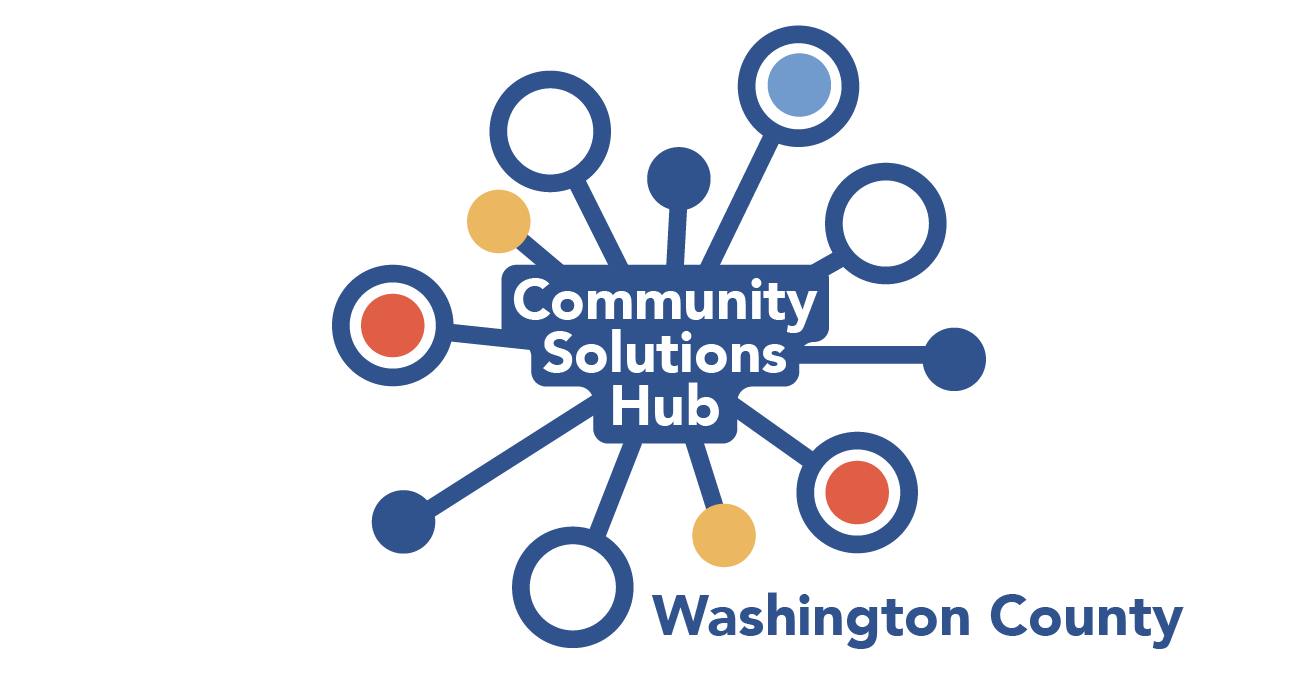Promising Practices
The Promising Practices database informs professionals and community members about documented approaches to improving community health and quality of life.
The ultimate goal is to support the systematic adoption, implementation, and evaluation of successful programs, practices, and policy changes. The database provides carefully reviewed, documented, and ranked practices that range from good ideas to evidence-based practices.
Learn more about the ranking methodology.
Filed under Effective Practice, Health / Physical Activity, Adults, Racial/Ethnic Minorities
Goal: The goal of the Healthy Retail Project is to increase access to healthier foods and beverages; decrease the availability of unhealthy products; increase compliance with alcohol, tobacco, and food safety laws; and increase customer loyalty and store profits.
Impact: Over 60% of stores assessed in 2014 met Healthy Retail Project Standards and all participating stores increased their food environment score over baseline.
Filed under Effective Practice, Health / Alcohol & Drug Use, Teens, Adults
Goal: The goal of the Tobacco Use Prevention program is to control tobacco use, reduce secondhand smoke exposure, and encourage smoking cessation.
Filed under Good Idea, Health / Immunizations & Infectious Diseases
Goal: The goal of this program is to prevent the spread of tuberculosis among the homeless population.
Filed under Good Idea, Health / Children's Health, Women
Goal: The goals of the Library plan are to promote early literacy, parent/child bonding, and breastfeeding education in the community.
Filed under Effective Practice, Education / Childcare & Early Childhood Education, Children, Families
Goal: The program aims to promote social, emotional, and academic competence and to prevent children from developing conduct problems.
Impact: The Incredible Years series has been shown to increase positive parenting practices and family communication while reducing children's conduct problems.
Filed under Effective Practice, Community / Crime & Crime Prevention, Teens, Urban
Goal: The goal of this program is to prevent further criminal activity and incarceration among juvenile delinquents.
Filed under Effective Practice, Health / Health Care Access & Quality
Goal: The objectives of WOW are to promote optimal health, to reduce behavioral risks and to promote early detection and improved management of health problems and risks.
Filed under Evidence-Based Practice, Economy / Housing & Homes, Adults, Urban
Goal: Housing for Health program goals are to improve patients’ health, reduce costs to the public health system, and demonstrate DHS’s commitment to addressing homelessness within Los Angeles County.
Impact: The average public service utilization cost per participant for the year prior to housing totaled $38,146; in the year after receiving housing, it totaled $15,358. When taking into account PSH costs, RAND observed a 20-percent net cost savings, suggesting a potential cost benefit of the program.
Filed under Evidence-Based Practice, Health / Physical Activity, Women
Goal: The Illinois WISEWOMAN program (IWP) aims to lower heart disease and other chronic disease risk factors through screening and lifestyle classes for women in high-risk populations in service counties throughout Illinois.
Impact: The Illinois WISEWOMAN Program addresses the disproportionate risk of cardiovascular disease among disadvantaged, low-income women. Participation in the program has been shown to improve dietary, physical activity and cardiovascular outcomes.
Filed under Evidence-Based Practice, Health / Physical Activity, Women, Racial/Ethnic Minorities, Urban
Goal: The goal of the program is to increase fruit and vegetable consumption behavior in participants of the Women, Infants, and Children program in Genessee County, Michigan.
Impact: Participants of the program increased their fruit and vegetable consumption and the program had a positive effect on participants attitudes toward consuming fruits and vegetables.

